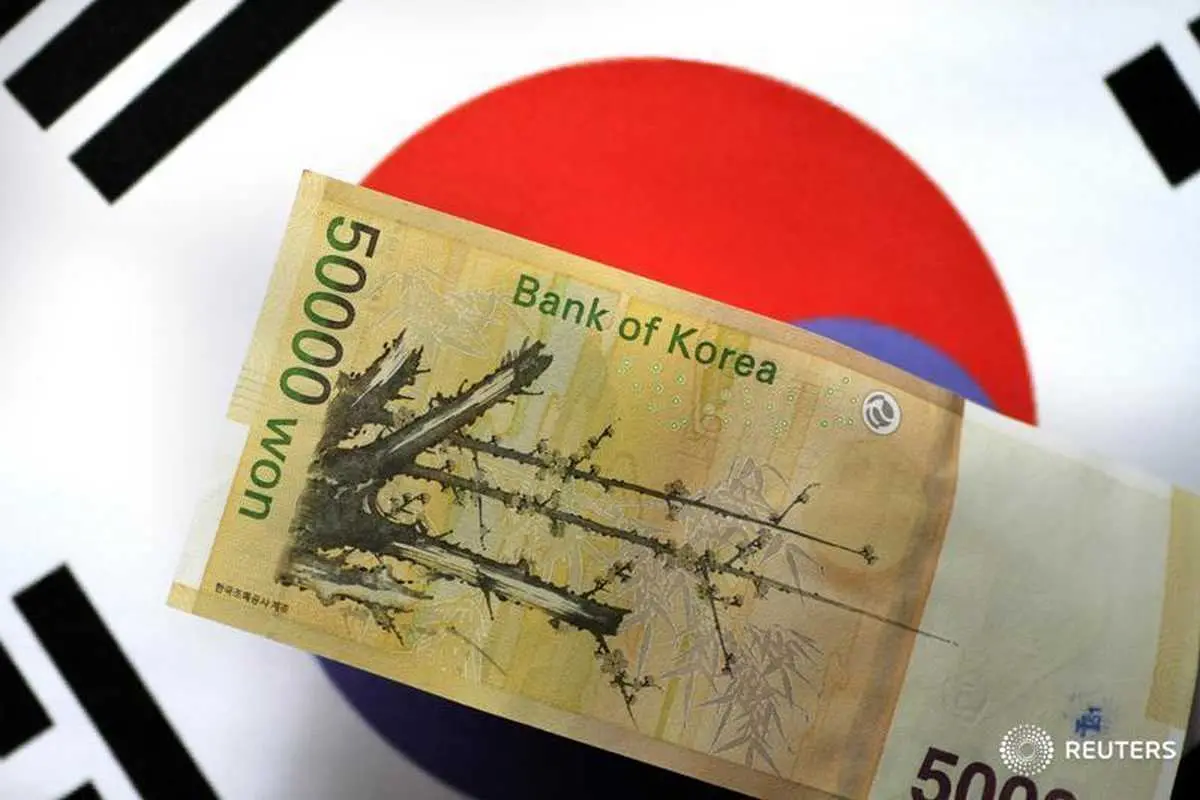PHOTO
SEOUL - South Korea's monetary policy needs to be substantially accommodative to counter slowing inflation and sluggish domestic demand, a state-run think tank said on Wednesday.
"As inflation has fallen to a near zero percent and as demand is shrinking at home and abroad, monetary policies need to be substantially expansionary," the Korean Development Institute (KDI) said in its biannual report.
The KDI, a think-tank that often conducts research for the government, rarely gives specific policy suggestions. Market participants read policy advice from the KDI as the views of the finance ministry.
The KDI lowered growth forecasts for this year to 2.4% from a 2.6% projection in its previous report, citing a deepening U.S.-China trade spat and tepid demand for South Korean memory chips. It also cut its forecast for inflation to 0.7%, down from its November projection of 1.6% and far below the BOK's target of 2%.
South Korea's gross domestic product unexpectedly contracted 0.3% in the first quarter, marking its worst performance since the global financial crisis, while headline inflation came in at 0.6% in April from a year earlier.
On fiscal policies, the KDI said the government should factor in shrinking tax revenues when planning for future spending to maintain a healthy fiscal position in Asia's fourth largest economy.
South Korea's slowing population growth and stalled productivity could reduce its annual average economic growth to 1.7% during the next decade from 3.0% seen so far this decade, KDI said in a separate report on Thursday.
(Reporting by Joori Roh, Cynthia Kim; Editing by Sam Holmes) ((joori.roh@thomsonreuters.com; +82 2 3704 5642; Reuters Messaging: joori.roh.thomsonreuters.com@reuters.net))





















